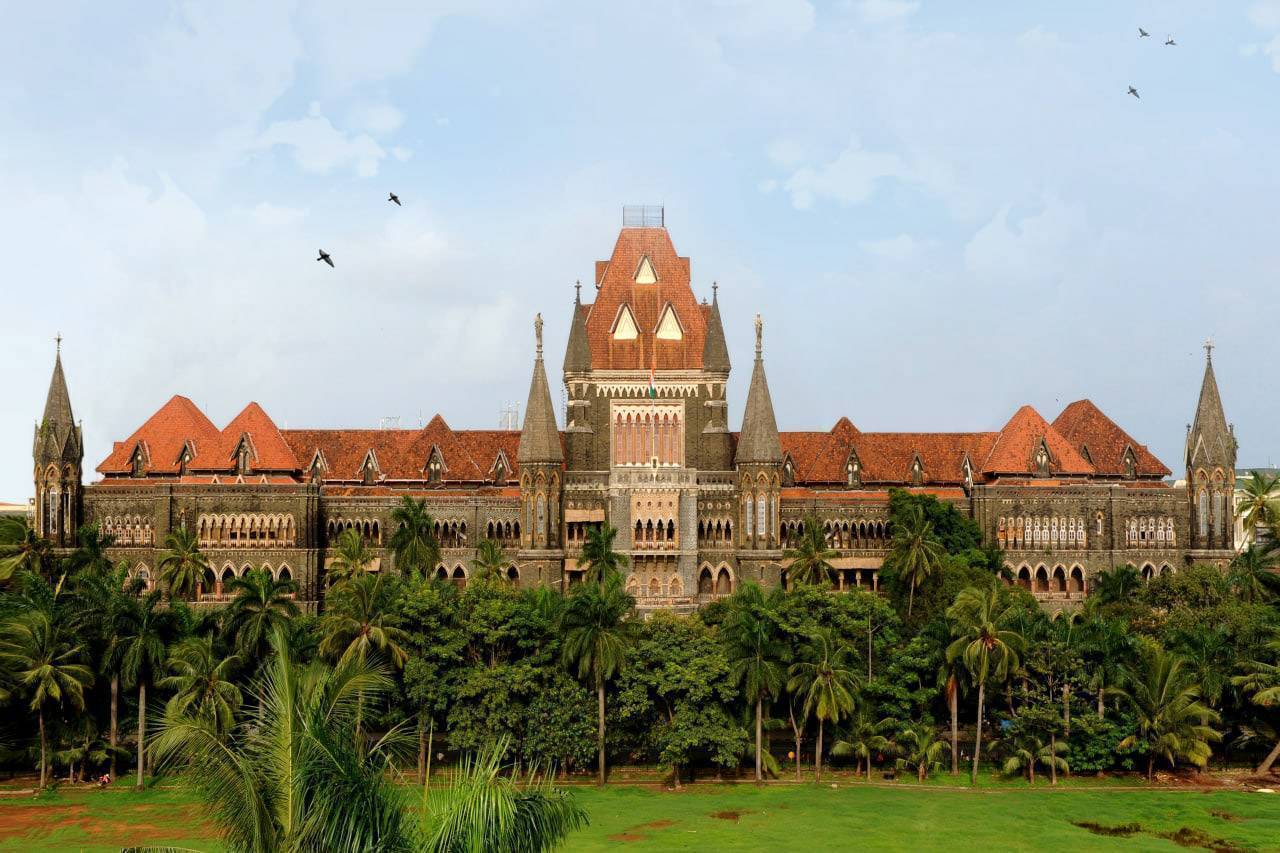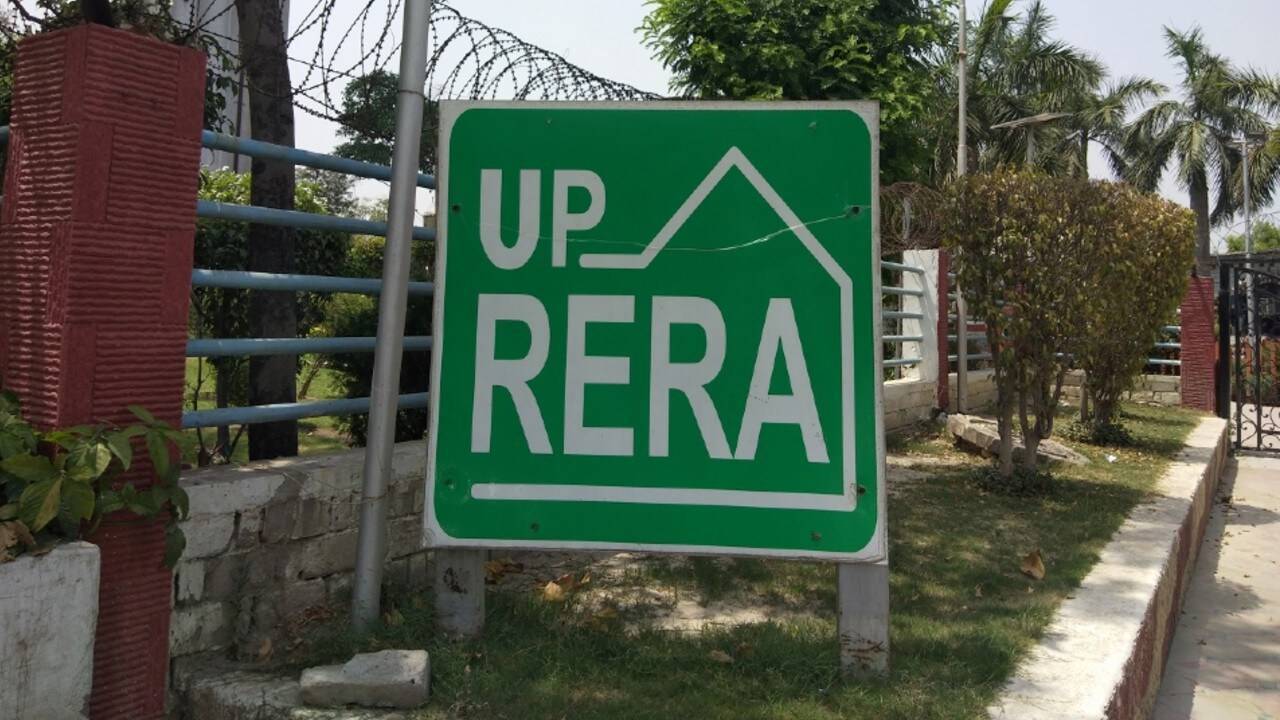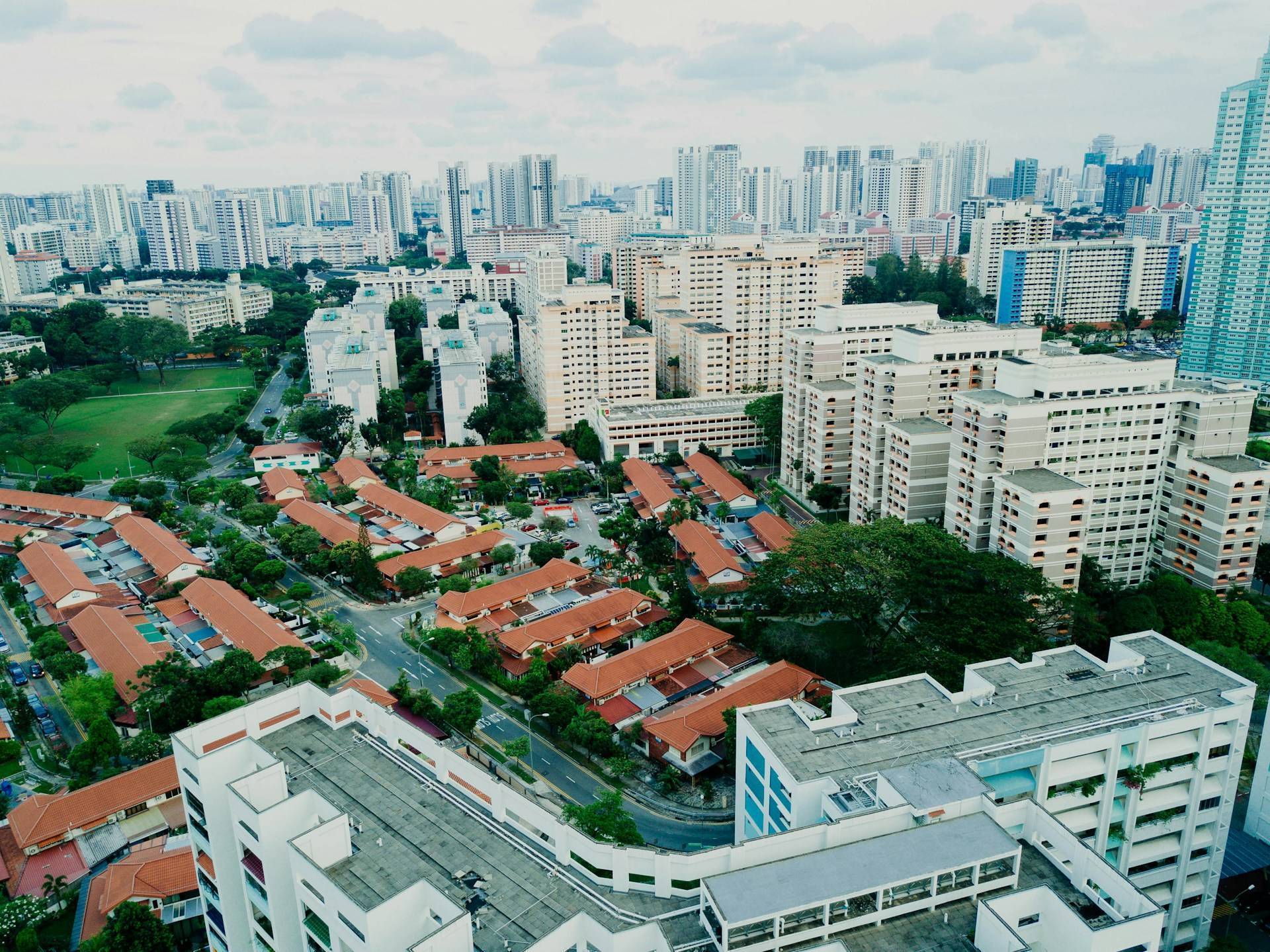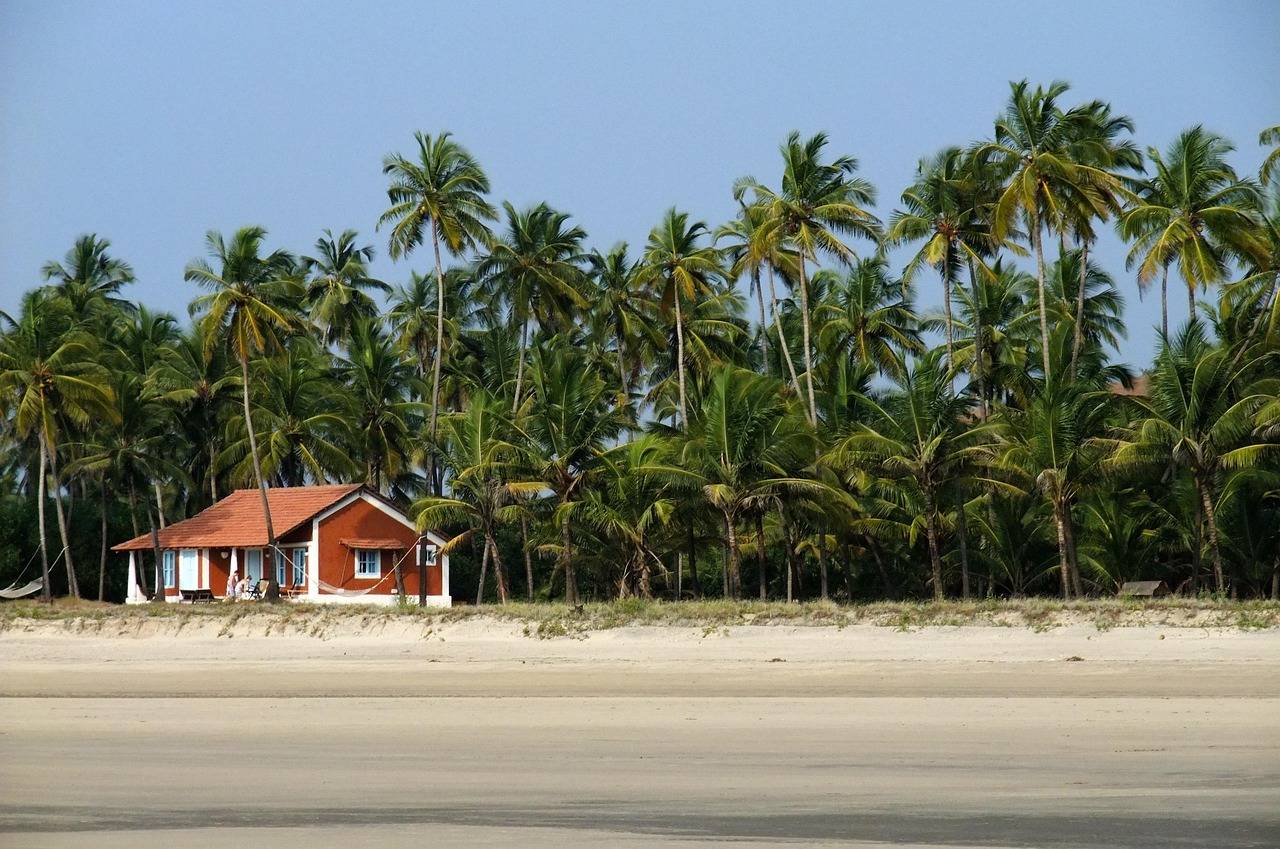The Bombay High Court has directed the Collector of Mumbai Suburban district to conduct a comprehensive survey of land owned by the Indian Institute of Technology (IIT) Bombay in Powai, following allegations of large-scale encroachment. The order was passed by a division bench comprising Chief Justice Alok Aradhe and Justice Makarand Karnik during the hearing of a public interest litigation (PIL) filed by one Shabbir Shaikh.
The PIL alleges that contractors and their agents have illegally occupied portions of land surrounding IIT Bombay, constructing unauthorized slum structures and selling or leasing them for financial gain. According to the plea, residents living near the institution are subjected to constant threats and intimidation from so-called “musclemen” who seize land unlawfully and demand payments for its occupation.
Shaikh claimed that these encroachers operate with impunity, engaging in fraudulent practices such as forming bogus cooperative housing societies and selling land through dubious real estate channels. The result, according to the petitioner, is the accumulation of unaccounted wealth and a deep sense of fear among the local population.
“The entire community living in the slums is under the grip of perpetual fear of such land grabbers,” stated the petition. It further alleged that the accused individuals not only engage in criminal intimidation but also resort to illegal and coercive tactics to expand their control. These actions are reportedly carried out without any significant intervention from authorities, thereby eroding public trust in the enforcement of urban planning laws.
The court, taking the allegations seriously, instructed the district collector to give both IIT Bombay and the alleged encroachers an opportunity to present their documentation and make their respective cases. Should the allegations be substantiated, the court directed that encroachments be removed strictly in accordance with the law.
Government pleader Neha Bhide informed the court that, if required, the collector would be granted police protection to ensure that the removal of illegal structures can be carried out without resistance or threat to public order.
The petition highlighted systemic failures in urban governance, particularly pointing to the selective enforcement of planning regulations. “The failure of the state apparatus to take prompt action to demolish such illegal constructions has convinced the citizens that planning laws are enforced only against the poor,” the PIL observed.
Further, it alleged that “lawless persons” are increasingly attempting to take over government and institutional land—including those belonging to religious, charitable, or waqf bodies—through deceit or by force. The plea emphasized the urgent need for corrective measures to prevent further deterioration of law and order in the area and to preserve the integrity of public and institutional lands.
The next hearing in the matter is expected to take place after the survey is completed and the collector submits a detailed report to the court.
Image source- high-court-of-bombay









